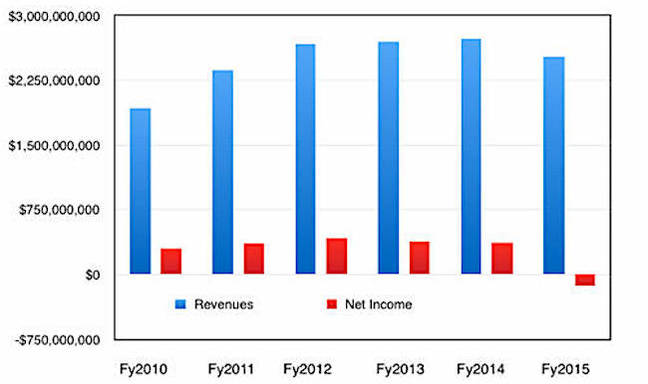This will come as a surprise to those of you that know me, but I sat still and watched a movie over the weekend (thanks to a busted foot).
I came across All Things Must Pass: The Rise and Fall of Tower Records. As you could guess, the documentary tells the tale of Tower Records as it grew from a drug store add-on in the 1940’s into a global corporation.
What does a documentary about a record store that died in 2001 have to do with the businesses typically discussed on this blog? There are actually great lessons about the culture they developed that made them successful and ultimately the decisions that led to their demise.
What they did right:
- The company built an extremely loyal employee base over the years. The earliest employees went on to become the leadership of the company and fuel their growth.
- Drilling down further into their employee base… they gave them autonomy. Stores were left to develop their own culture and methods. Leadership (Russ Solomon) had the luxury of cherry-picking the best ideas and implementing them across the growing franchise.
- Employees had direct access to the top leadership – Russ Solomon and Bud Martin. Good ideas were acted upon quickly.
- The stores attracted musicians and fans, establishing a community and a means of product discovery which resulted in more sales.
- Everything that you saw in the stores was mostly created by employees: the murals, the displays, the art work (which eventually led to in-house print shops creating art that was distributed throughout the entire chain).
What they did wrong:
- They expanded too quickly and borrowed too much money.
- They expanded into markets that they didn’t understand (South America, Thailand, basically any Asian country that wasn’t Japan).
- During the area of compact disk (CD), they killed the singles market, forcing customers to pay for full albums. Customers started to become weary of paying $20 for an album.
- Big Box retailers like Walmart started selling CDs for cost and killed Tower’s community and walk-in business.
- They didn’t adapt to changing technology and they failed to establish an online portal.
- When they were failing, they eliminated all of the leadership that brought them to the dance (under duress from the banks) and had no plan to pull out of the death spiral.
Everyone assumes music piracy killed Tower, but that technology only broke an already weakened company. Tower over-expanded internationally and lost money. During this time, big box retail stores sold music at cost to improve their own walk-in traffic. Customers stopped going into Tower and it impacted their ability to help (up-sell) customers other music when they were in the store.
In their hubris, Tower also had a direct hand in eliminating the singles market. This forced customers to buy full albums at high prices. When peer-to-peer file sharing appeared, customers who felt that they were over-paying for their music embraced the new technology.
But did file sharing kill Tower Records? Japan provides us with an answer to that question.
The first international expansion (before Tower even expanded into the Eastern US) was Japan. The stores were massively successful (the records were direct US imports. which Japan had demand for). At the start company’s financial troubles, the Japanese stores were sold off entirely. They are still in business today and thriving.
In a time where even the biggest online retailer in the United States is opening physical book store locations, it is becoming clear that consumers are looking for a more personal shopping experiences and retailers are looking at better ways to understand customer behavior.
Perhaps there is wisdom to be found by looking at how Tower operated in their glory days by encouraging strong employee interactions, developing subject matter expertise, and growing a culture that customers wanted to be a part of.
Photo: Luke Chesser






